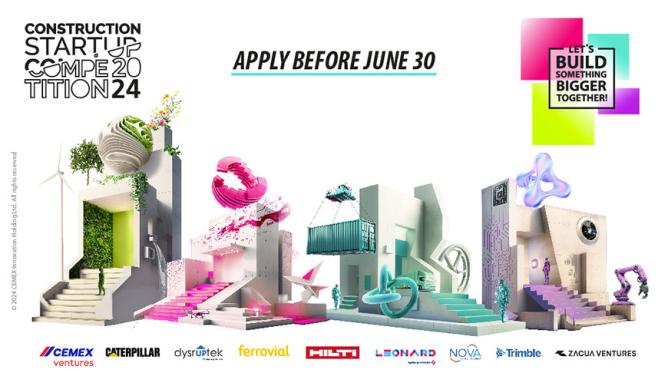In increasingly densely populated megacities, space has become a scarce resource, and modularity a necessity. This was the focus of the multicolored creation exhibited during the last week of October 2017 in Eindhoven, the Netherlands.
The (W)ego is made up of nine distinct pieces, of various shapes and sizes, stacked on top of each other to form a rectangular structure, looking like a game of Tetris. Each piece represents a hotel room, but its space is constrained by the other pieces. The design also enables each block to be moved and to be nested together differently, to suit the specific needs of the situation, involving a complete reconfiguration of the structure (MVRD).
According to its creators, this ephemeral installation, which was part of Design Week in the Netherlands, was above all an “exercise of creative cohabitation”, which aims to stimulate thoughts on the sharing of urban space. The need for modularity is also one of the aspects that inspired the “Hyperloop Hotel” project, which received top honors at the Radical Innovation Award competition (Architectural Digest). Imagine a network of hotels connected to each other by Elon Musk’s Hyperloop transport system. Without even leaving your room, which is simply a redesigned shipping container, you could travel from one side of the United States to the other, in just a few minutes.


